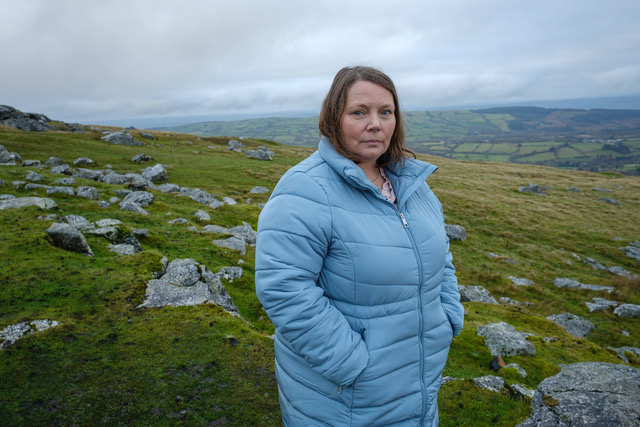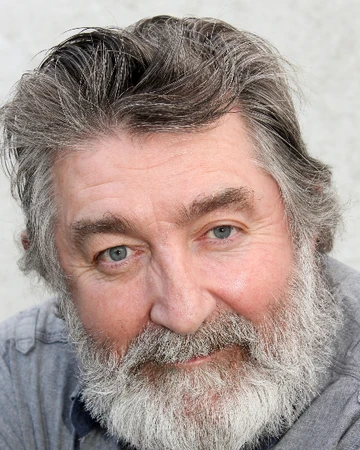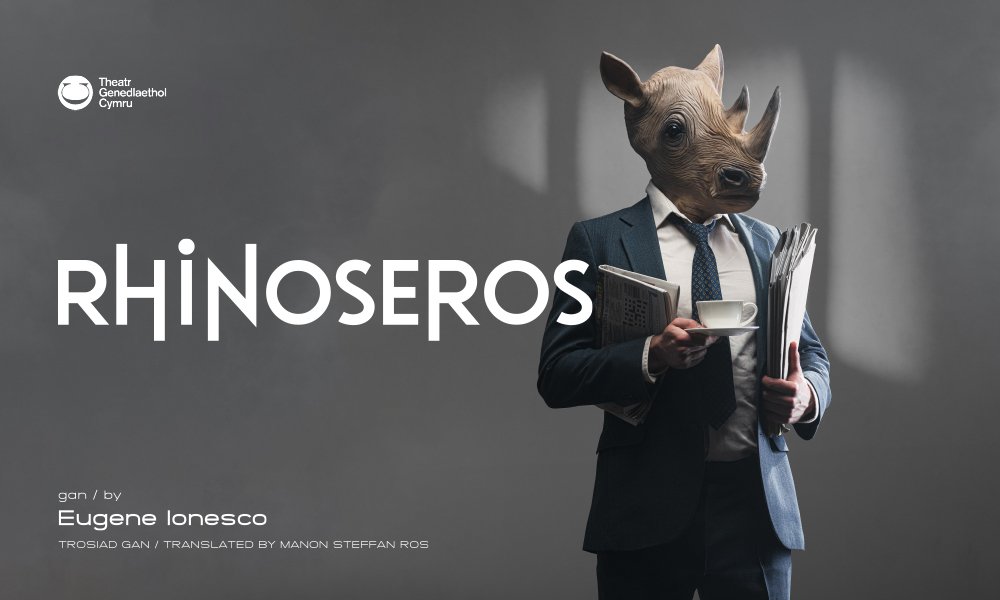
 (4 / 5)
(4 / 5)
In contrast to NTW, Theatr Genedlaethol Cymru goes from strength to strength. Rhinoceros is the latest in a series of shows and commissions to offer fresh, bold and imaginative theatre. In fact, Manon Steffan Ros’s adaptation of the classic text by Eugène Ionesco is the first Welsh-language production that feels not just national but international in scope. This, in spite of the fact that pop cultural references populate the dialogue.
I say this as a Welsh learner who had to sit and listen to the play without audio description or captions. A problem with the Sibrwd app meant that I was forced to engage with it on its own terms. It is testament to not only the actors but the whole creative team that I became immersed very quickly in this increasingly-apocalyptic world. Set in an unknown location in Wales, friends Bérenger (Rhodri Meilir) and Sian (Bethan Ellis Owen) are enjoying tea outside the local grocer’s shop when a rhinoceros runs in front of them across town. The small but effective skill of the actors to shake the furniture to create the vibrations of its movement is but one of several parts that make this a spellbinding watch. Everything from the placement and use of props to the physical manifestation of the creature within each of the characters makes Rhinoceros a captivating commentary on social conformity.
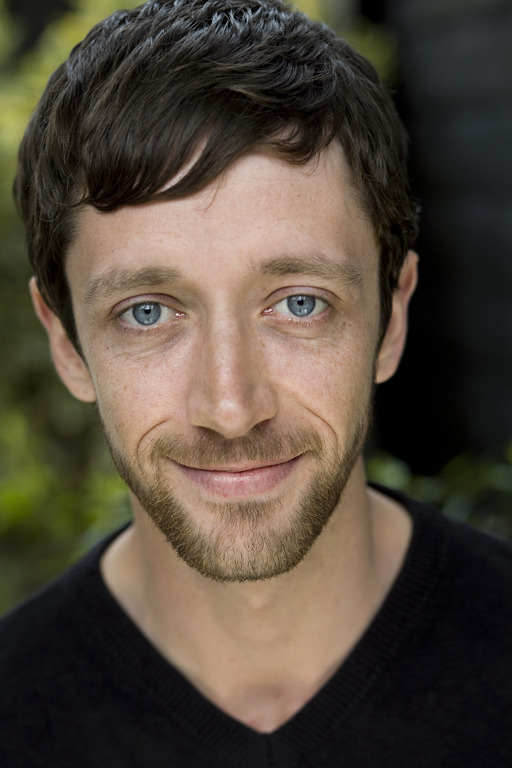
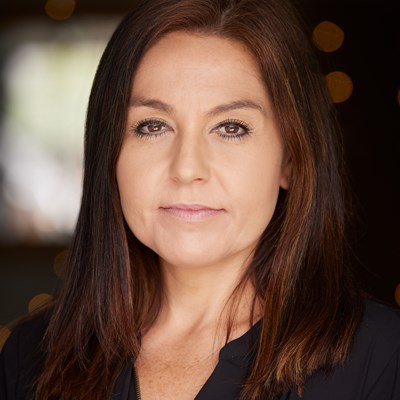
Bethan Ellis Owen perfectly embodies the absurdity that underscores the whole production. For in her transformation, we witness the destructive, dramatic and the ridiculous. Her hysterical movement and exaggerated speech causes laughter among the audience even as it contains a nervous quality that points to a more serious tone. For Meilir presents an increasingly distraught and tortured soul as he fights desperately against the change, from person to creature, that friends and colleagues succumb to. This is no linear tale however: horror is always punctuated with the comic; fairy dust is often laced with fatalism; and the funereal contains a certain cultural irony. It is a melting pot of genres and emotions, expertly crafted and directed by Steffan Donnelly and his team.
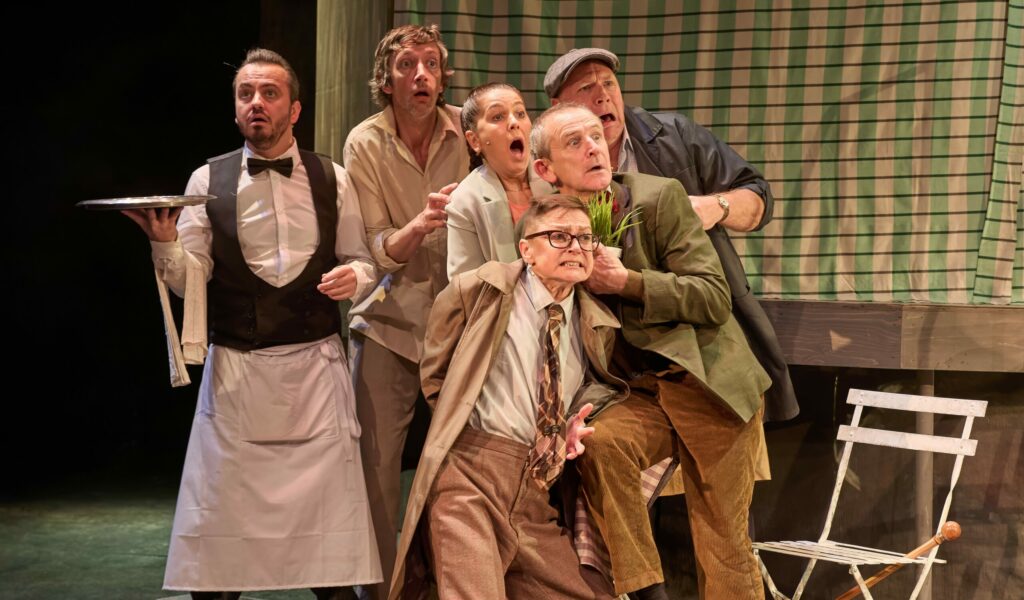
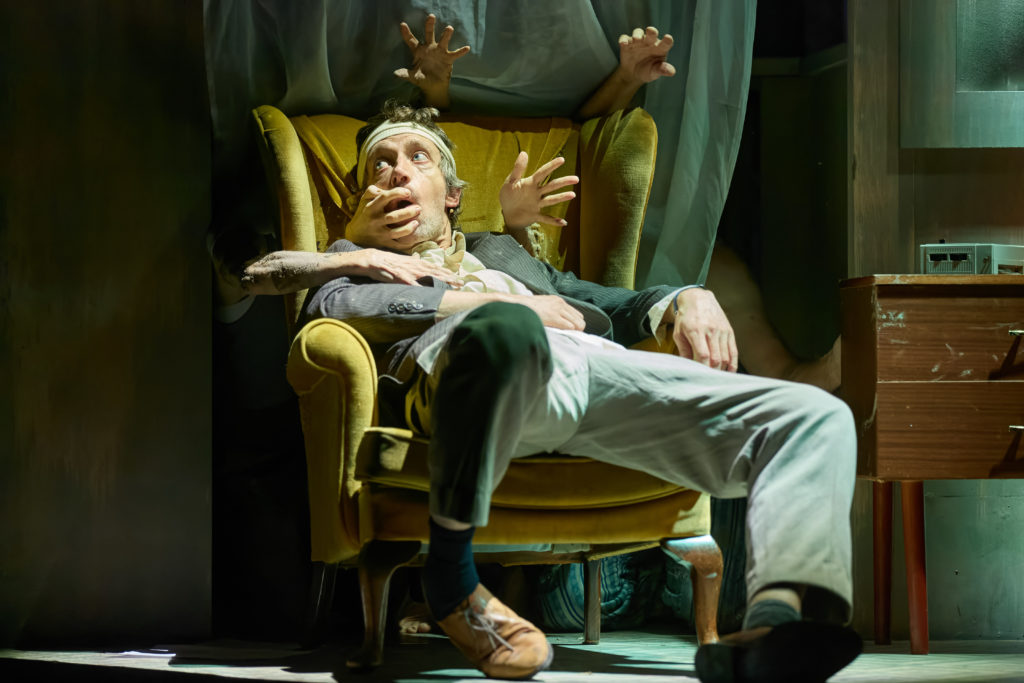
What ratchets up the drama and emotion of Rhinoceros is the absence of an interval. It allows the momentum to build to an epic proportion, making its conclusion all-the-more powerful and demanding. It is, at its best, a warning: do not allow the light to be infected by the dark. And this speaks not only to its distinctly Welsh culture but to a Western world in danger of doing just that.
Click here for show dates.

Gareth Williams

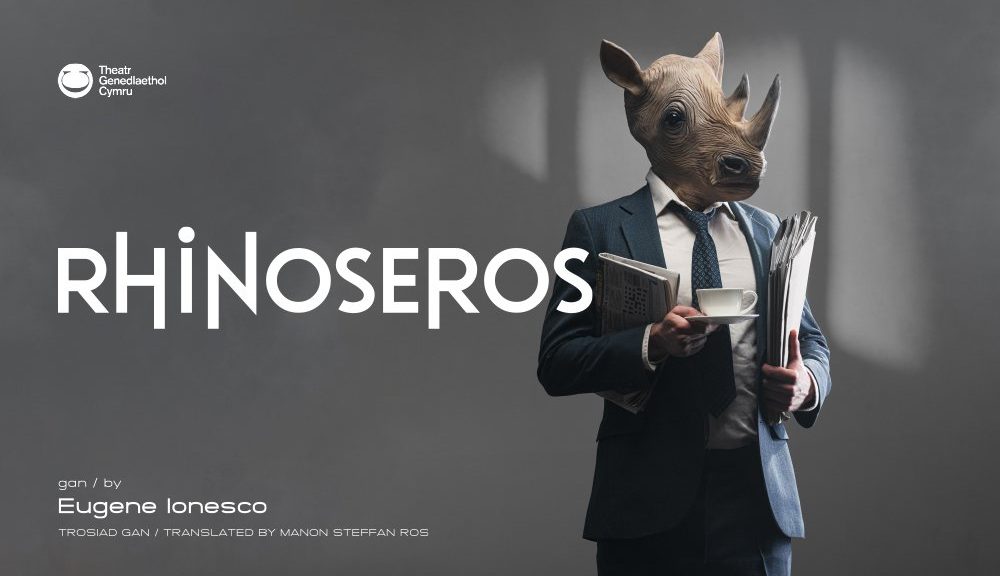
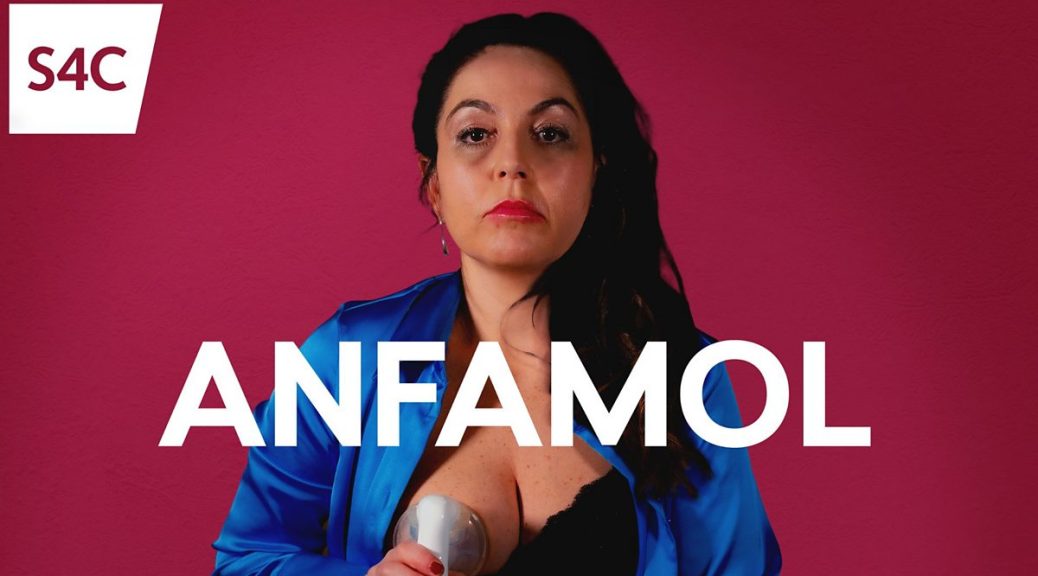
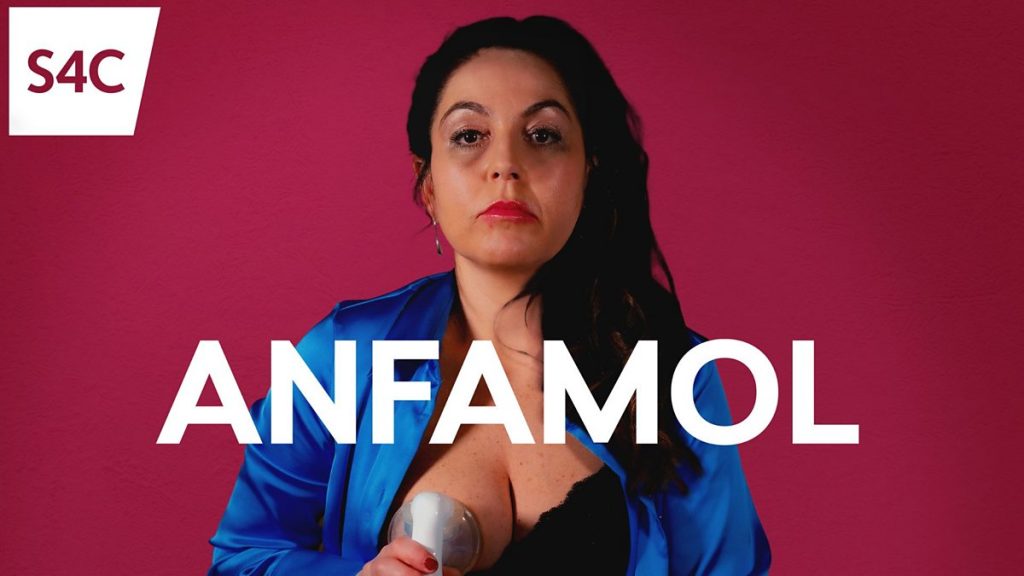
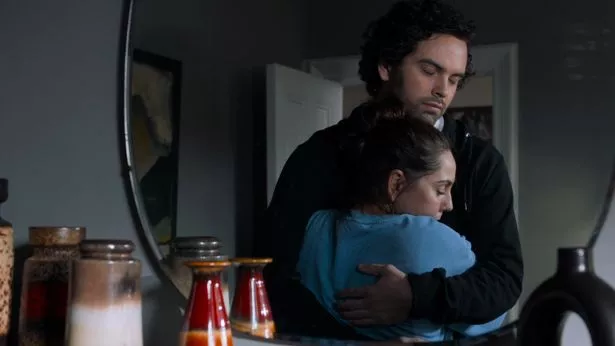
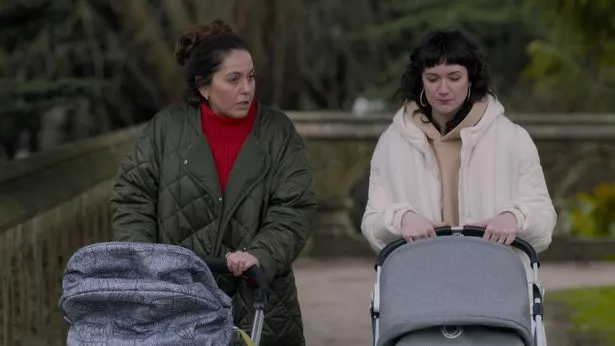
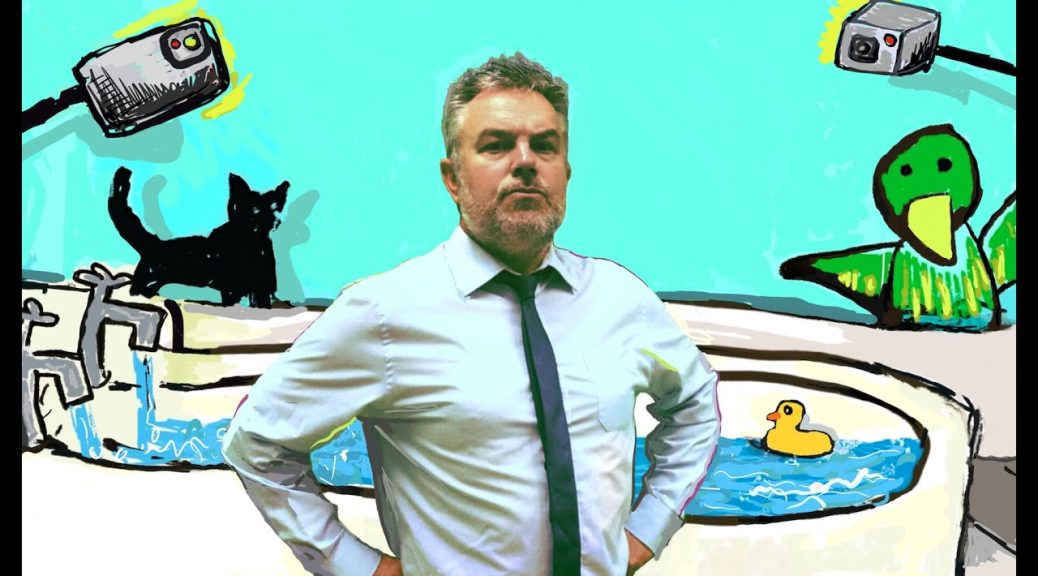
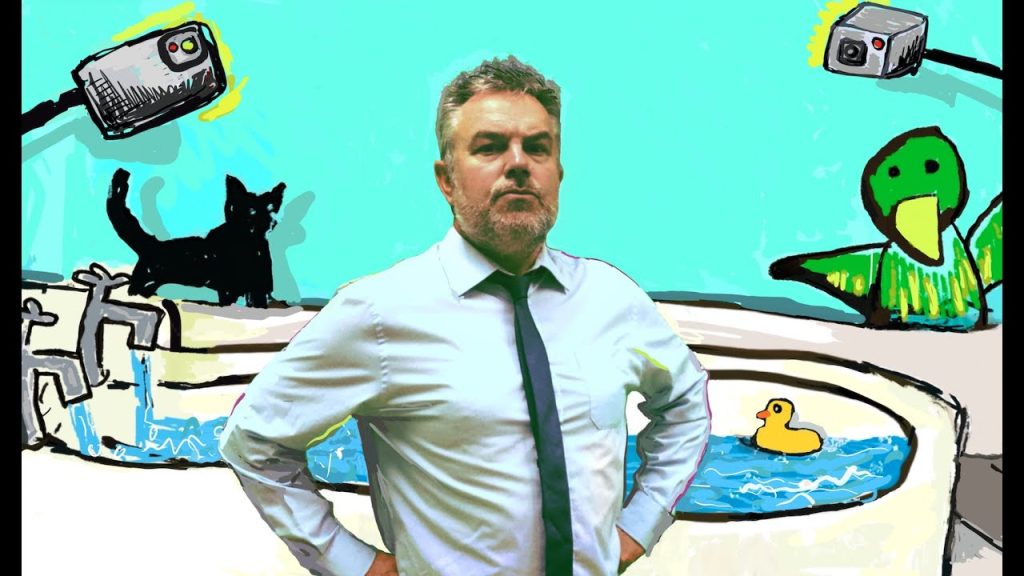



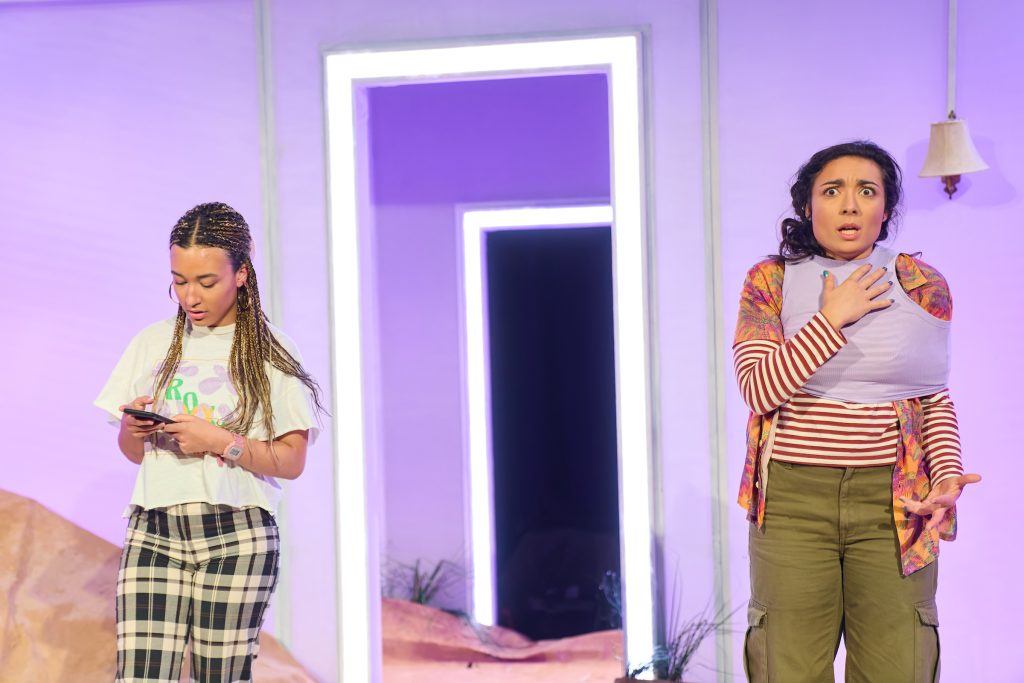
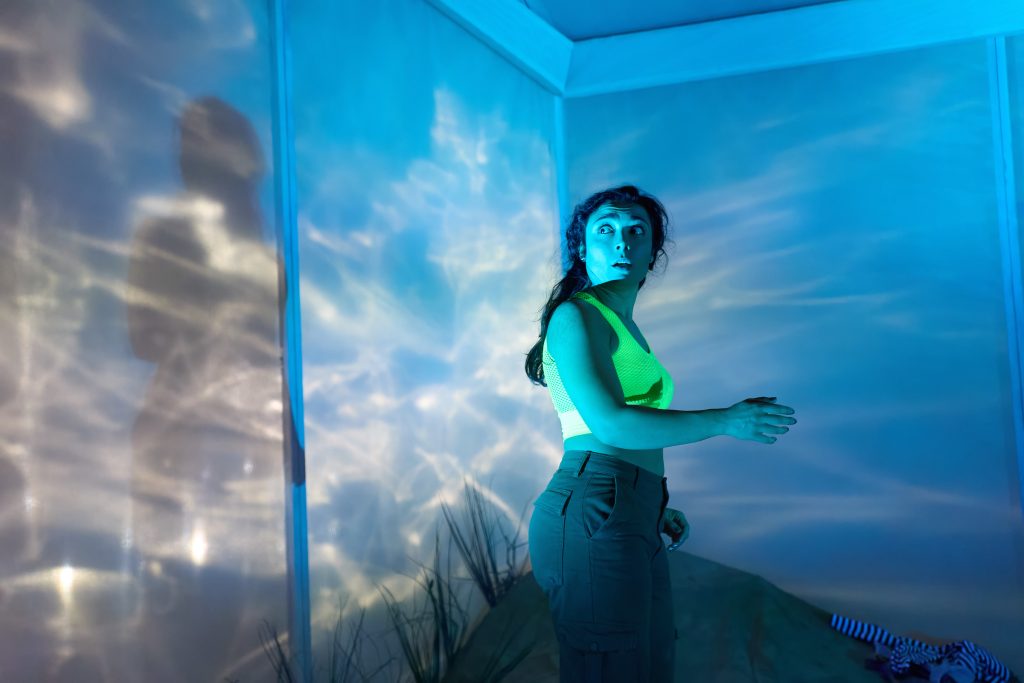
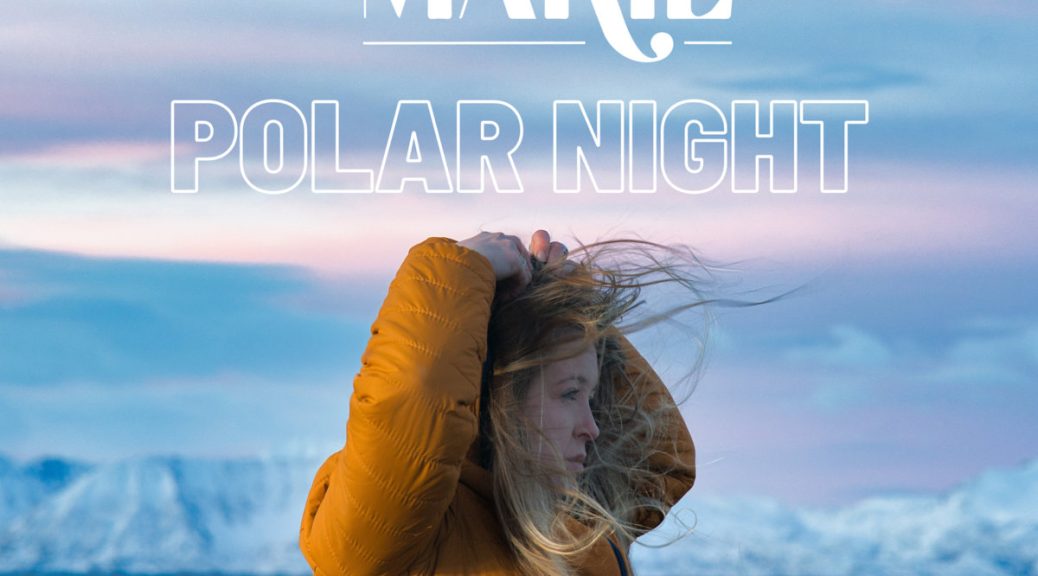
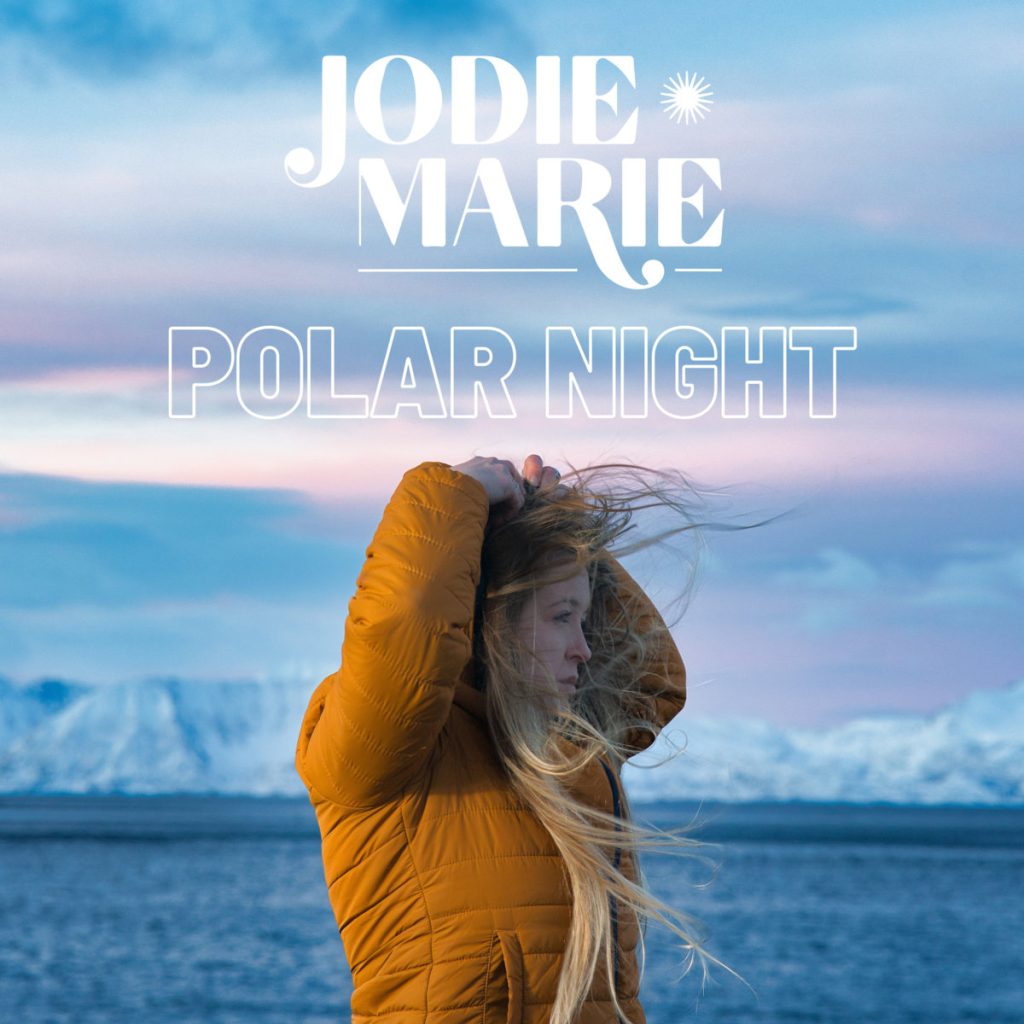


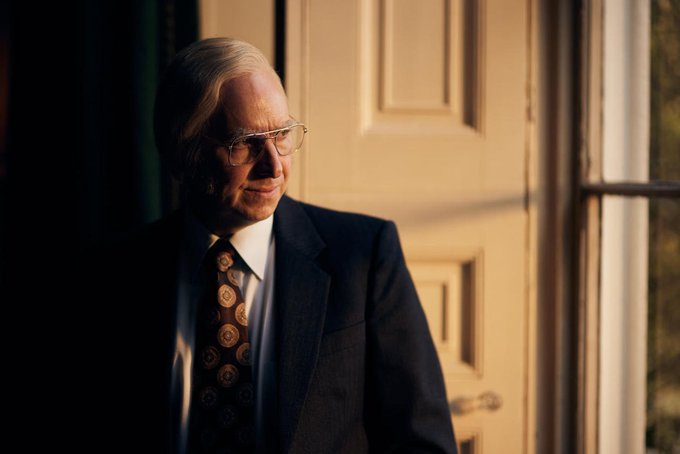
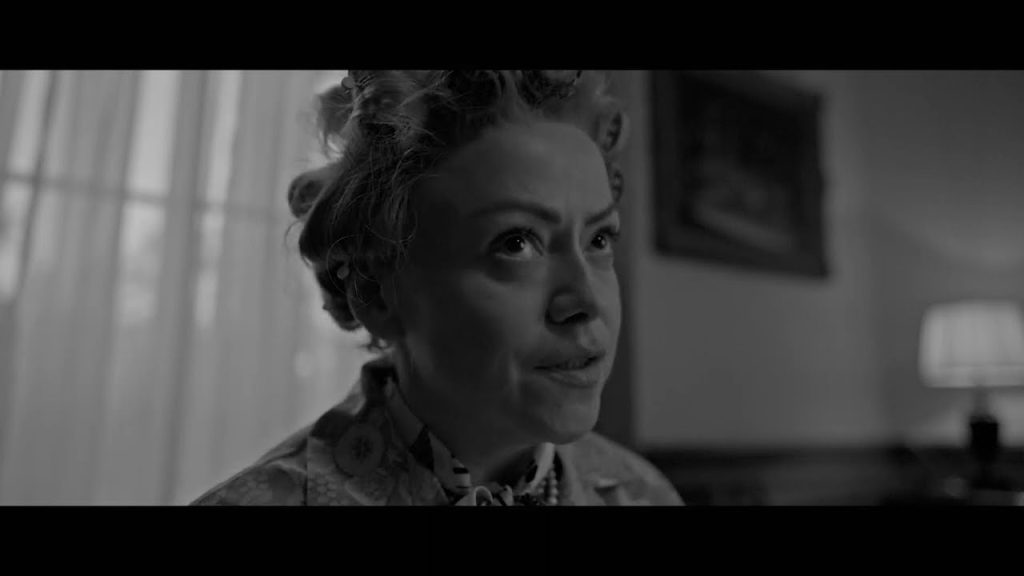
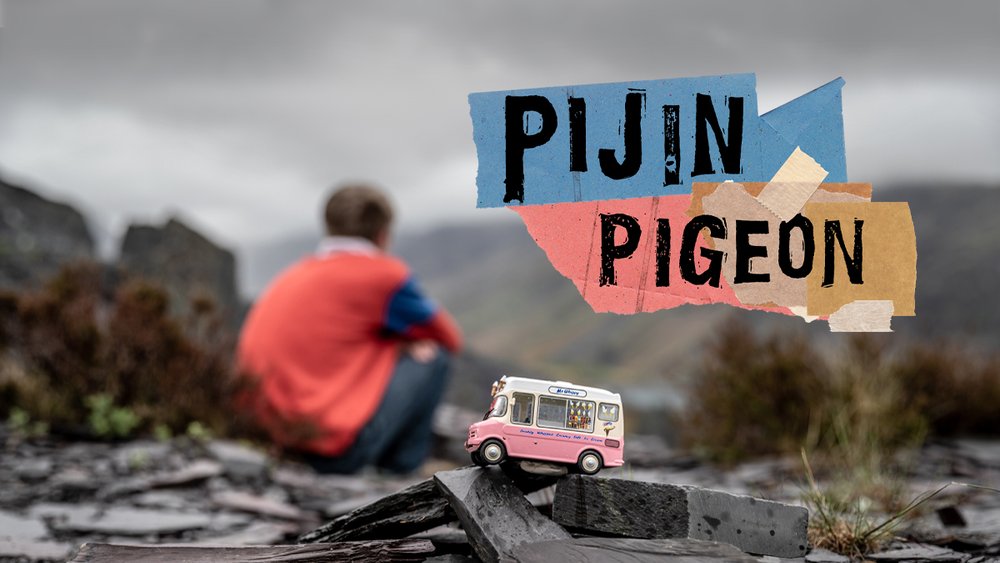
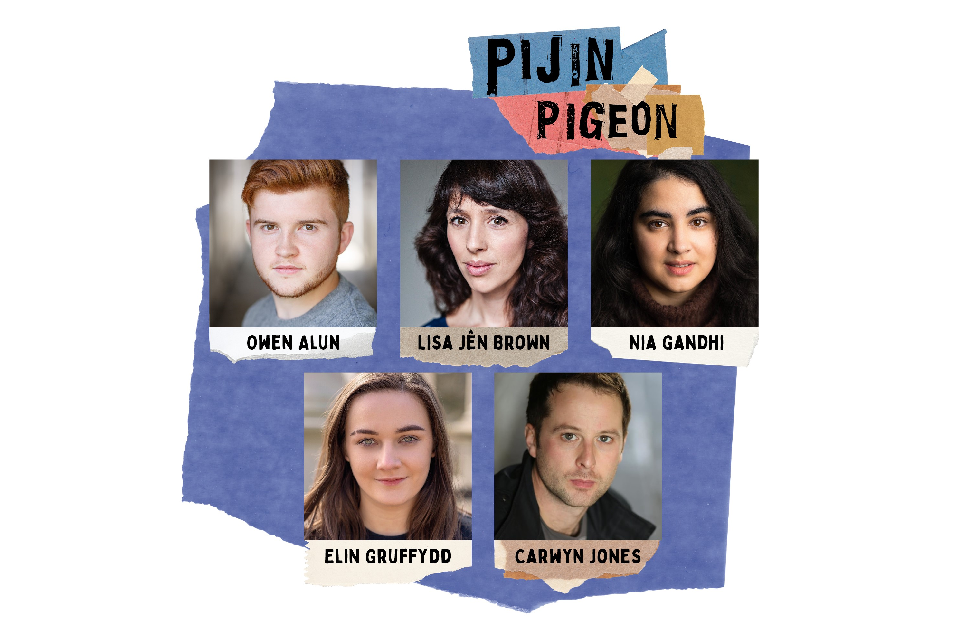
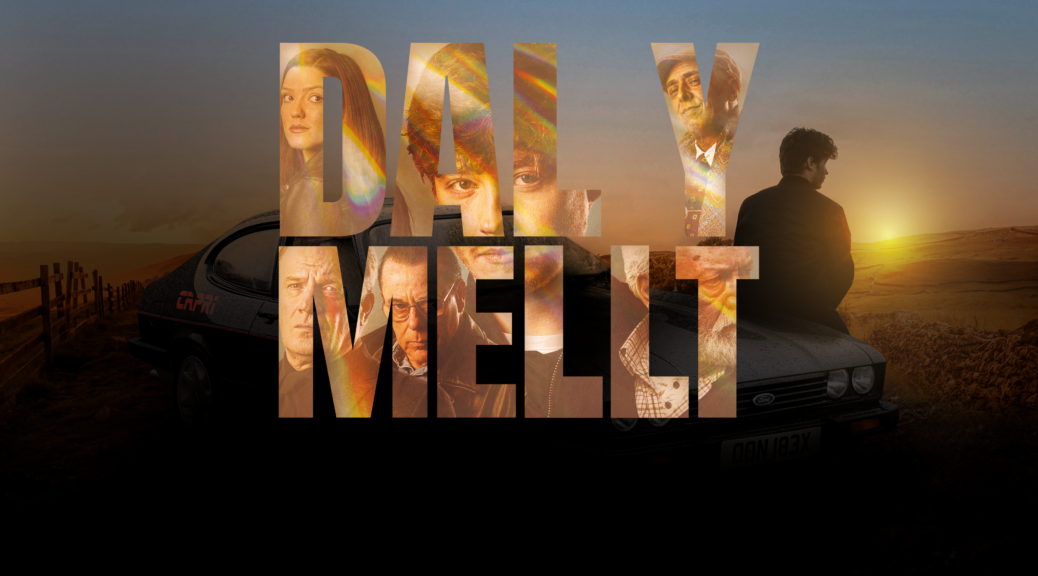
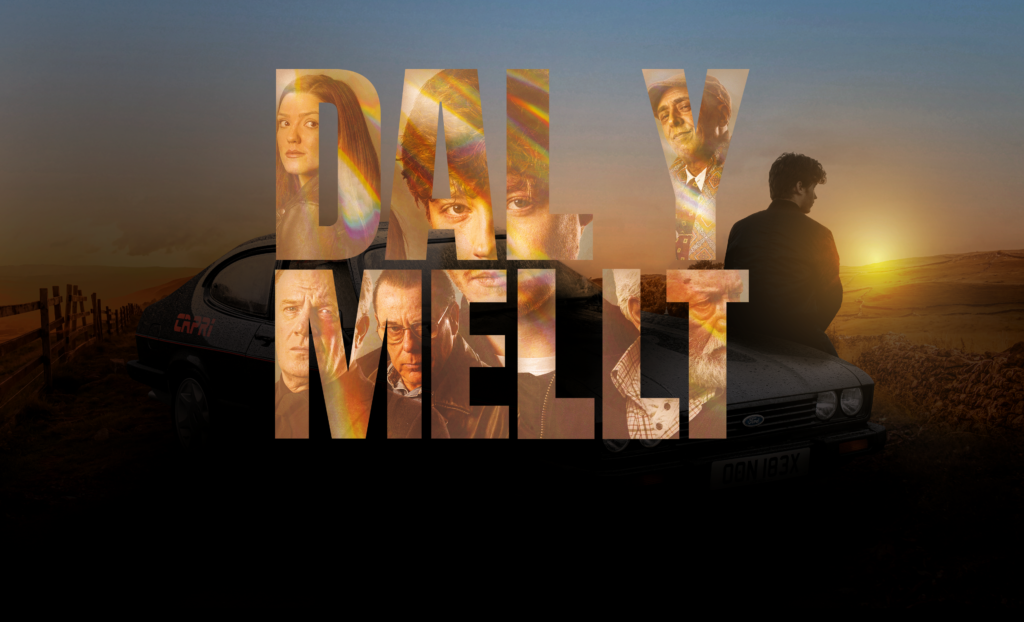
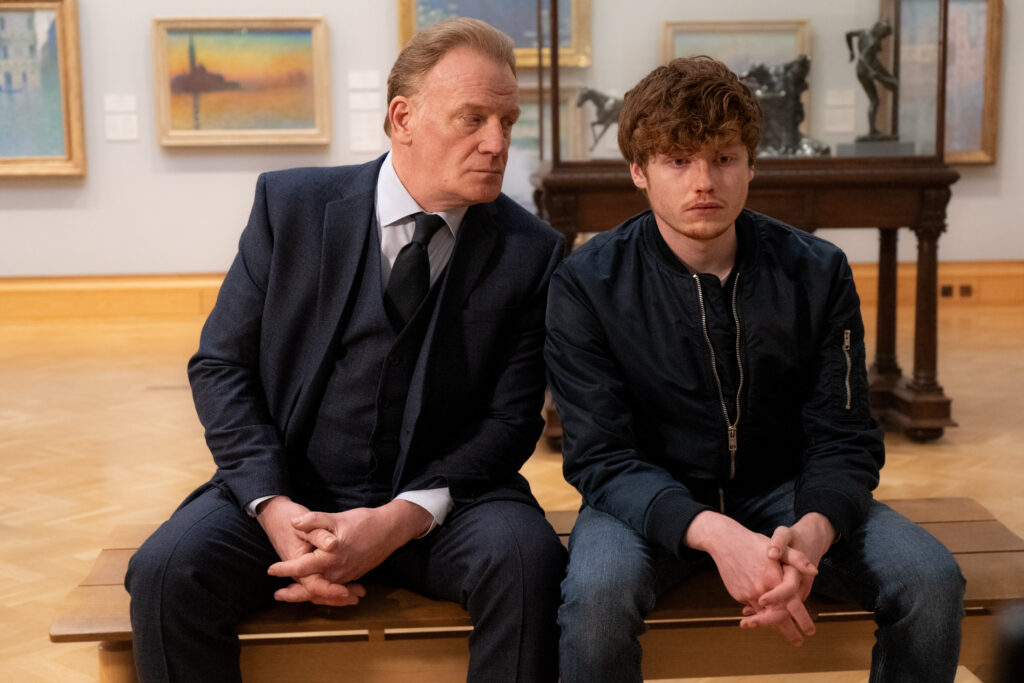
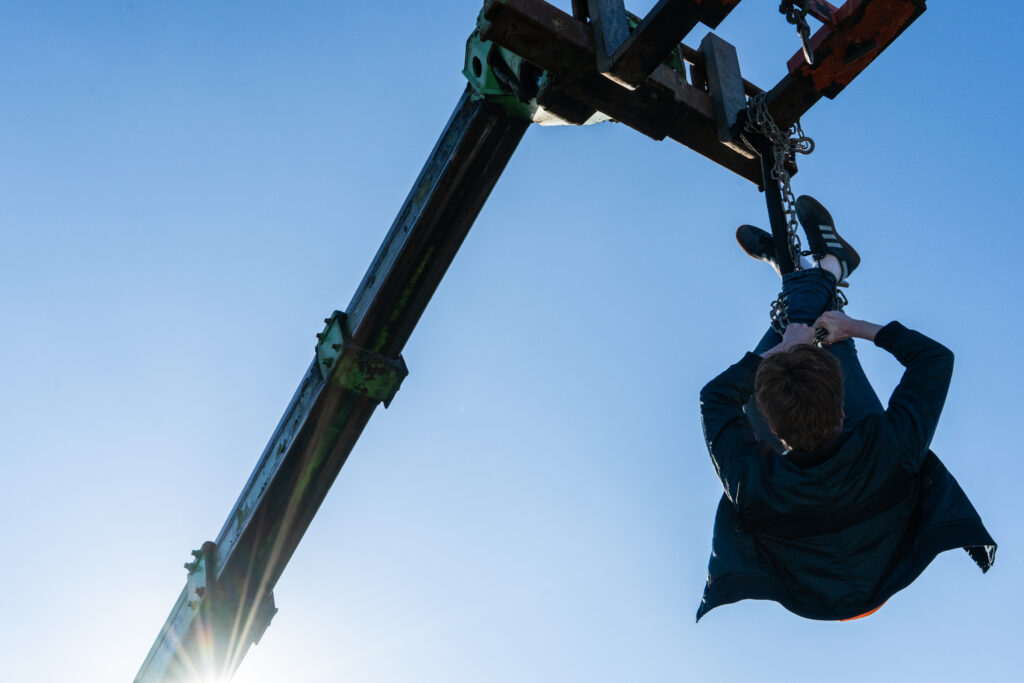
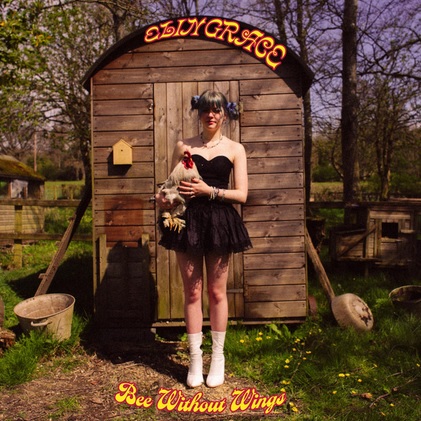
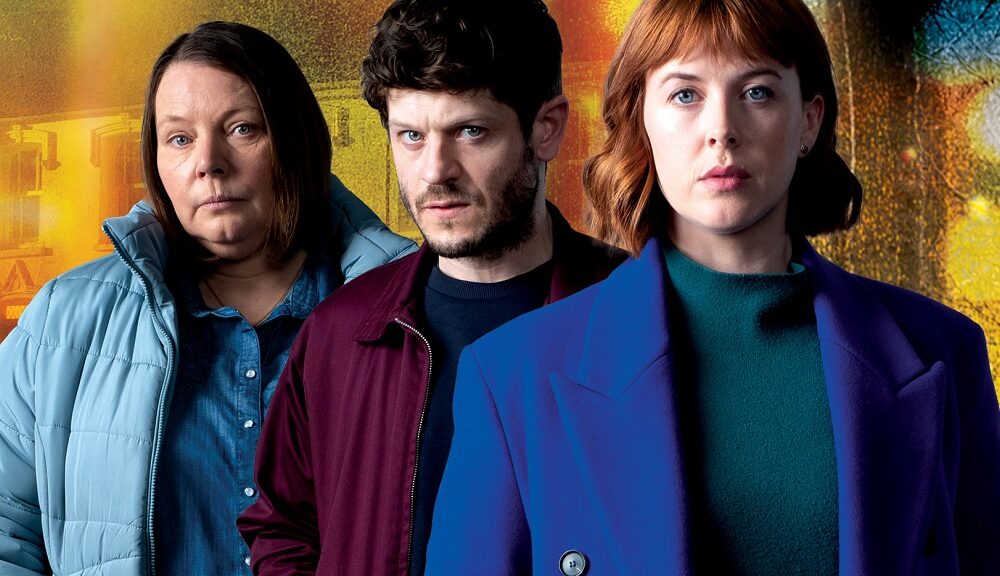
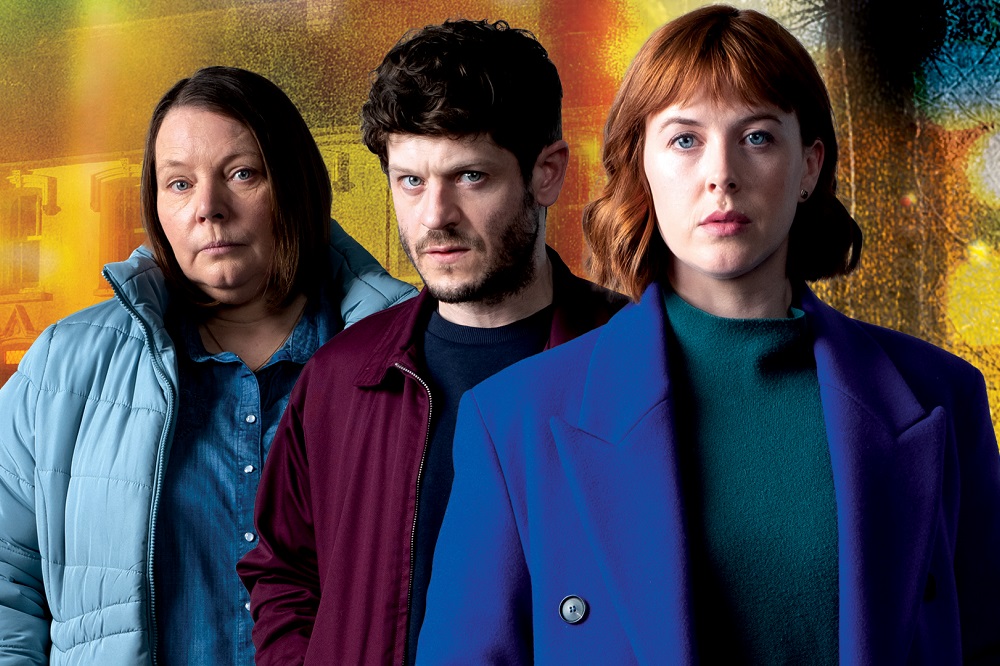
 (3 / 5)
(3 / 5)